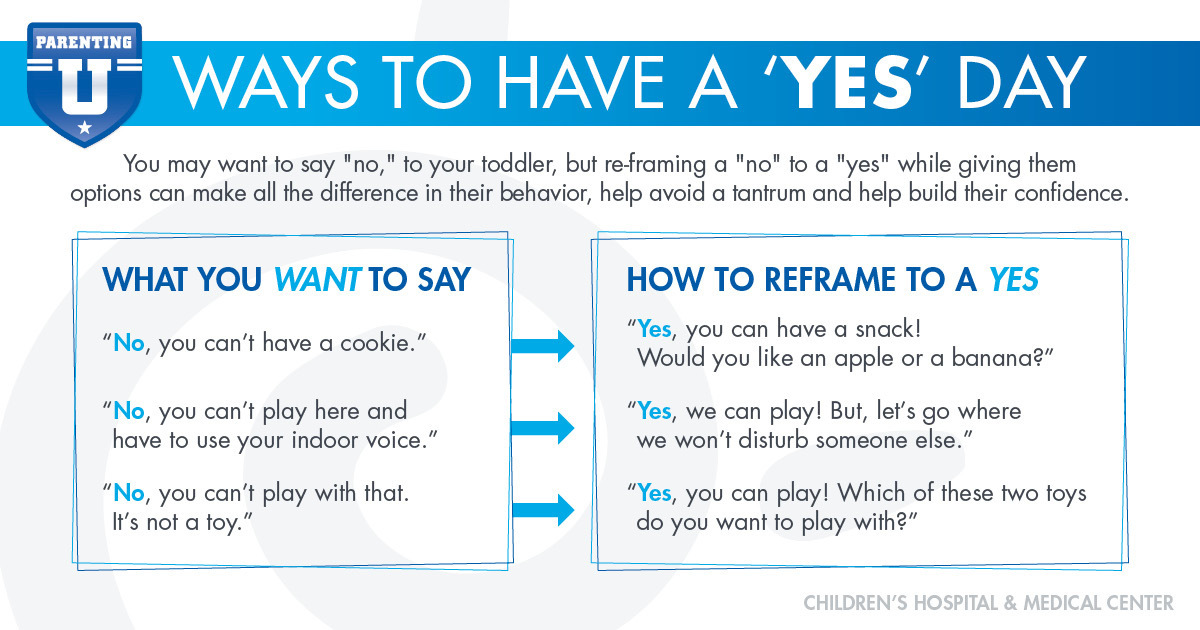Toddlers have a bad reputation, and it’s not really fair. They are undergoing a lot of changes and constantly learning new skills. While their intellect is growing exponentially, their ability to communicate is not as developed. This can lead to frustration.
Toddlers get frustrated for the same reasons adults do: a desire to have their own way, feelings of being snubbed or ignored, pride in their newfound independence mixed with the fear of the unknown, disappointment, rebellion, and anger at being forced to do things. There can also be physical reasons such as hunger, fatigue, illness or physical discomfort. This can be a trying time, but here are four tips parents can use to help avoid tantrums and make this an easier time for both you and your child.
Keep It Consistent
Establishing a routine and keeping it consistent is key. A child who is used to dinner at 6 p.m. may go into a tailspin if it’s delayed a few minutes. Give an apple slice or two to tide their little tummy over. Keep to a schedule as much as possible. Children feel more comfortable with consistent routines.
Pick Your Food Battles
Speaking of food — don’t turn your dinner table into a battle ground. Offer all foods to toddlers, but don’t force them to eat everything. They will eat when they are hungry. Remember that you may have to offer new foods several times before your child will eat them. Toddlers will cooperate more if you let them help choose or prepare the meal or set the table.
Set Realistic Expectations
Don’t expect too much. If you’ve just picked up your toddler after a long day in child care, that toddler is probably not going to get through a “quick” 45-minute stop at the grocery store. Try to balance your child’s needs with your own, and plan your child’s day to prevent frustration overload.
Say Yes
Finally, say yes as much as possible. You would get frustrated, too, if you heard “no” all day long. Maybe your child shouldn’t have candy. Instead of saying, “No,” try reframing by saying, “Yes, you can have a snack. Would you like an apple slice or a cracker?” Toddlers love when they are given a simple choice between two options. If you do have to say “no” to something be sure to stick with it and not give in to a tantrum.
Most importantly, parents should take heart. The toddlers years are fleeting and kids grow up quickly. Try to enjoy this period of development and don’t worry. They won’t remember you as the “bad guy.”
Parenting Toolbox
Giving your toddler a “yes day” can make all the difference in their behavior. Download this free “yes day” tip card!



